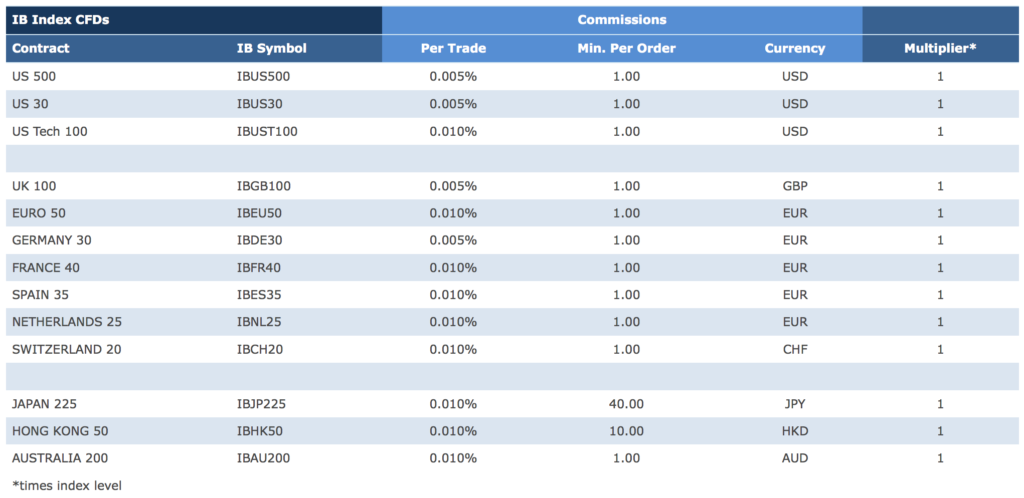Interactive Brokers, a US-based online brokerage, with roots in derivatives markets has taken steps to make its offering more attractive to its European customers and prospective clients.
What has Interactive Brokers changed?
The firm, which was founded by Hungarian born Thomas Petterfy in 1978, has operated in the UK and European markets for many years and has been known for its keen pricing.
Interactive Brokers has decided to rationalise its rate card and will now charge a flat fee of £3.0 or €3.0 per trade on those deals with a consideration of £6000 / €6000.
For larger trades, clients will now pay a commission of just 0.05% or 5 basis points.
Who will these changes benefit?
Interactive Brokers will run this new charging structure in conjunction with its existing tiered pricing which is based on lot volumes or notional values traded so that clients can decide which is the most economical system for their trading or investing approach, their trade sizing and frequency of execution.
The flat fee structure might suit an active private investor, for example, but it may not be appropriate for a professional trader using an algorithmic trading and execution strategy, that generates a large number of small executions when filling a bigger order.
How have Interactive Brokers been able to reduce trading charges?
Interactive Brokers has been able to rationalise its commission charges in this way because of its use of smart order routing technology, which looks for optimal execution based on the best bid-offer pricing.
But also at the cost of executing a trade across a wide range of execution venues and markets. If it can find a venue with comparable execution at a lower cost, then orders will be routed to that venue and away from dearer ones.
According to Interactive Brokers, their smart order routing technology constantly monitors and evaluates order execution and dynamically routes orders or portions thereof to the venues where optimal executions can be achieved.
As ever at the Good Money Guide, we are happy to see charges for retail and professional investors come down.
However, we also recognize the fact that the technology which supports these initiatives is likely to carry a not inconsiderable cost, it’s also true to say that there are few winners, including the consumer, in a race to the bottom, especially one that’s based solely on price.

With over 35 years of finance experience, Darren is a highly respected and knowledgeable industry expert. With an extensive career covering trading, sales, analytics and research, he has a vast knowledge covering every aspect of the financial markets.
During his career, Darren has acted for and advised major hedge funds and investment banks such as GLG, Thames River, Ruby Capital and CQS, Dresdner Kleinwort and HSBC.
In addition to the financial analysis and commentary he provides as an editor at GoodMoneyGuide.com, his work has been featured in publications including Fool.co.uk.
As well as extensive experience of writing financial commentary, he previously worked as a Market Research & Client Relationships Manager at Admiral Markets UK Ltd, before providing expert insights as a market analyst at Pepperstone.
Darren is an expert in areas like currency, CFDs, equities and derivatives and has authored over 260 guides on GoodMoneyGuide.com.
He has an aptitude for explaining trading concepts in a way that newcomers can understand, such as this guide to day trading Forex at Pepperstone.com
Darren has done interviews and analysis for companies like Queso, including an interview on technical trading levels.
A well known authority in the industry, he has provided interviews on Bloomberg (UK), CNBC (UK) Reuters (UK), Tiptv (UK), BNN (Canada) and Asharq Bloomberg Arabia.
You can contact Darren at darrensinden@goodmoneyguide.com



